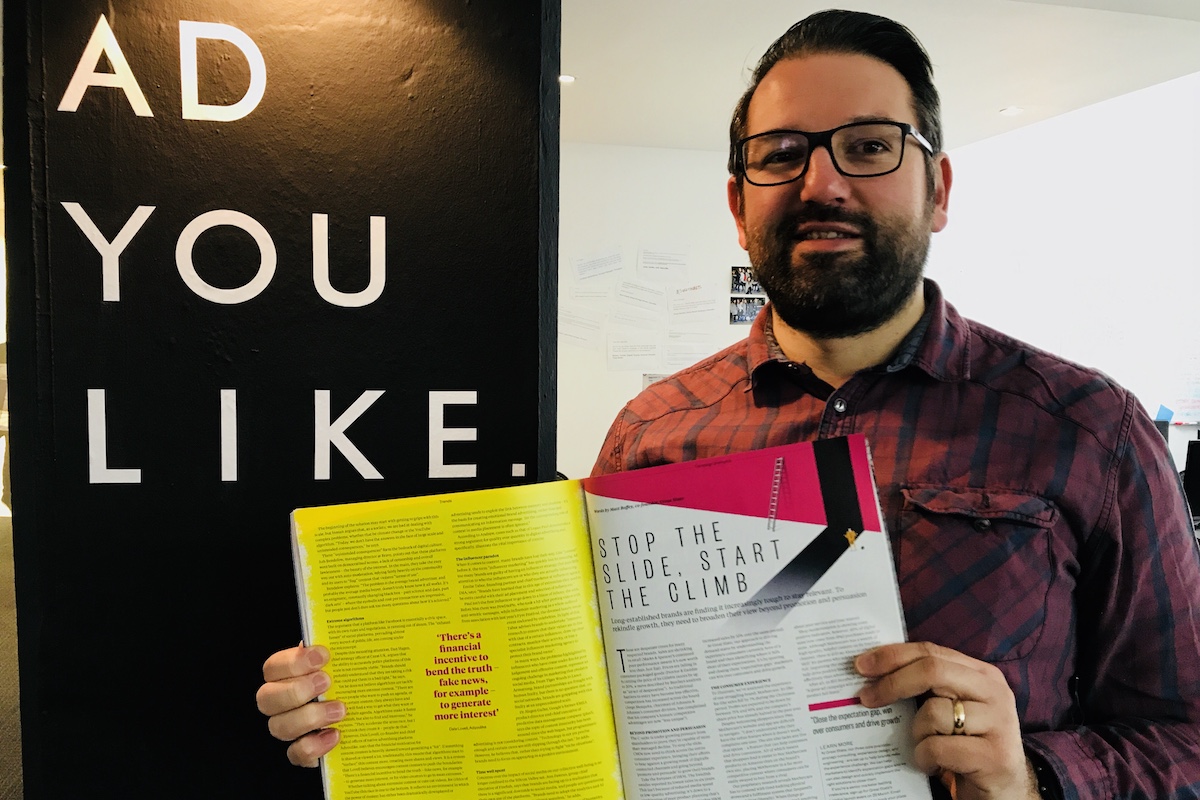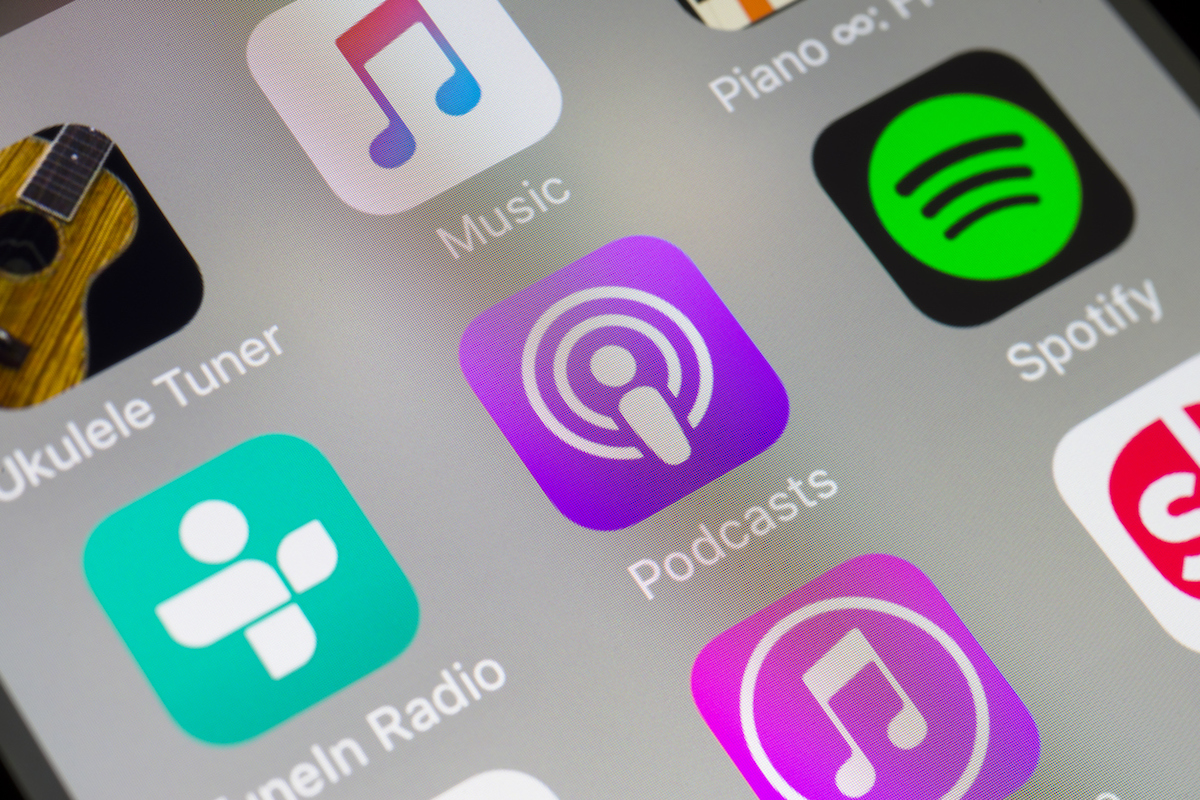Digital Readiness
Article
Discover the innovative strategies behind a productive commute

A productive commute can not only help you arrive at work feeling enthused for the day ahead but also make delays and congestion more palatable. From making calls to podcast listening, we discovered the different approaches at your fingertips.
The daily commute may be the one time a business leader gets the chance to spend time on their own, free from distractions. Sitting on a train or in a traffic jam can seem like dead time, but lots of people employ innovative strategies to use it productively.
We spoke to business leaders about how they achieve a productive commute and how that permeates through the rest of their day and their wider company culture.
CEOs face lots of distractions
A HBR study into the differences in performance of leaders and managers found about one-quarter of CEOs’ days are spent alone, but this includes time sending emails and dealing with other forms of communication. Another ten per cent is spent on personal matters and eight per cent on travelling. The remainder of their time is spent with people, usually through planned meetings.
This points to an interesting block of time – that eight per cent travelling time that is, largely, distraction free.

SCENTERED CEO Lara Morgan is a self-described “deep productivity weirdo and junkie”. Morgan arranged our interview during her train ride to work. It was just one element of her commute that was designed to be productive.
“Before I started my day I took the dogs to walk and was on the phone to China. I stood on the train platform and made a call to New Zealand and had a call while on the train in Salisbury. I’m changing at Clapham, but will probably have the phone to my ear at that time,” she said.
This takes advantage of the different time zones Morgan’s company deals with, making sure these relationships are convenient for the customer.
How do you use your commute to stay productive? Let us know using the hashtag #BtBproductivecommute.
Finding space to be creative
Business leaders often find it tough to find the time to work on creative tasks. This could include thinking about new marketing campaigns, elements of strategy or writing blogs and other content that help promotes their brand.
ADYOULIKE co-founder and chief marketing officer Dale Lovell uses his daily commute to write blog posts: “How many blogs posts are there about being a thought leader? How do you find the time to do that when you’re in the office you’re dealing with lots of stuff?”
Lovell lives in Woking, Surrey, and commutes for about an hour into central London. This includes 35 minutes on the train when he’s able to write about 300 words, which form the basis of a post that can be re-read on the tube.
“The WiFi is terrible on the train. It’s a matter of using a notepad on my phone and writing. It didn’t feel natural to begin with. Over time you get used to it. Because I don’t have that long I work quite quickly, I just run with it.” said Lovell.
The routine has paid off. The blog became the basis for his book on native advertising, which he was able to write in just over a month – even if the posts had to be heavily edited before being turned into a book and his background of being a website editor helped.
Learning new skills on your daily commute
Using your mobile phone to read articles or listen to podcasts provides a low-friction way to be achieve a productive commute.
Sublime Science founder and chief slime maker Marc Wileman believes that being productive starts with defining what you want to produce and turning it into daily actions – “simplicity is key, simple is doable, done is better than perfect,” he said.
Learning new skills plays an important role in that. He recommends carrying a journal or using a tool like Evernote to write down ideas, and listening to podcasts to use the “dead time” while commuting to grow professionally.

Emma-Jane Packe, managing director of The Supper Club, also uses the time to learn. “I think having a growth mindset and always wanting to learn is so important,” she said. This includes listening to shows like Tim Ferris’ podcast and TED Radio Hour.
The commute home can help you relax too. Packe takes it in turns between reading business books and fiction, believing it is important to have time to unwind. And Wileman added that “every now again, it’s important to just forget all about productivity and listen to music that inspires you. Probably good for your business, definitely good for your soul.”
Linking a productive commute to business performance
It’s possible to make the activity you do on a daily commute part of a wider structure of how you spend your day.
Lovell is at the start of this process, thinking about how the creative team can improve productivity by working in blocks. One method they have tried is breaking down ideas development into a series of hour-long sessions, rather than working on it for the whole day.
Morgan, meanwhile, founded luxury branded toiletries manufacturer Pacific Direct in 1991 and went on to sell it for £20m. She said her productivity bent started at the very beginning of her journey, inspired by her military father who also gave her the awareness of how computers could help drive efficiency.
Today, Morgan has invested in six companies that she feels embody this philosophy. For example, Gate8’s travel bag aims to avoid business travellers getting stuck at airport luggage carousels.
“My choice is to invest in health, wellbeing and time-saving companies because time is the only commodity you can’t buy. Time is money, that’s how I live,” said Morgan.
Her day starts by making a list of everyone she needs to speak to in transit and texting staff priority items, so the team knows what to work on at the start of their day. But the way she treats her commute is also emblematic of a wider company culture.
“I recruit by example. I ask specific questions about people’s organisational skills. There’s a very clear delineation of the organisational way we disperse information within the business. There’s an absolute cultural understanding that we move fast. I walk quickly, walk with me,” said Morgan.
Meet the businesses fixated on productive meetings – Ditch mobiles and risk being kicked out.